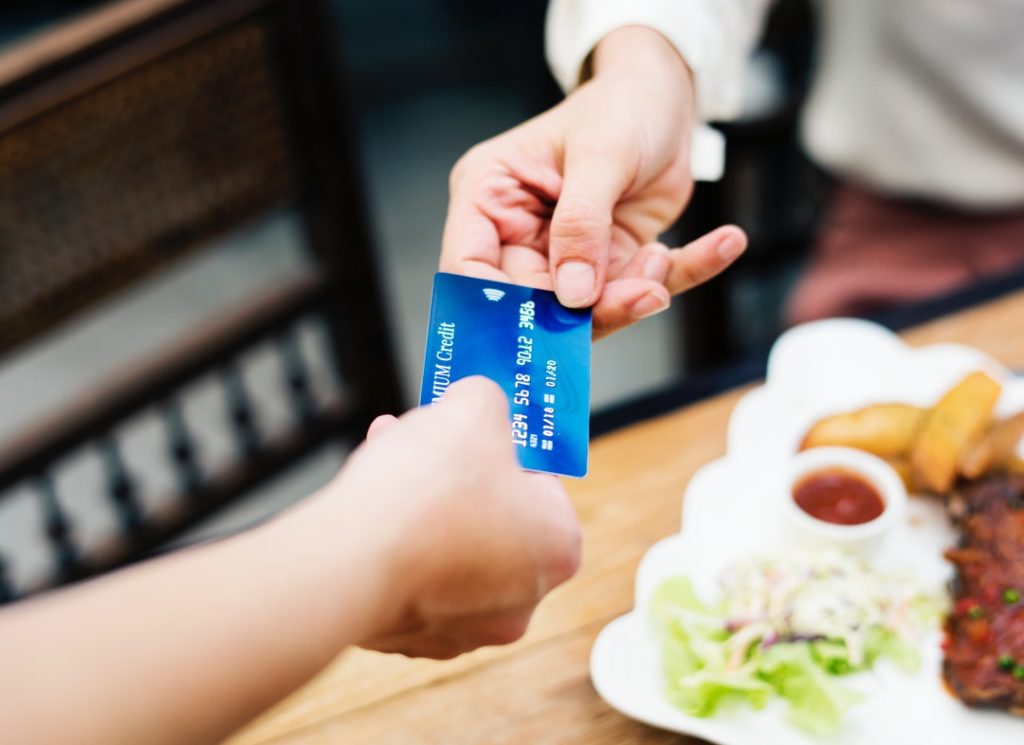U.S. credit card debt has hit an all-time high with Americans owing $870 billion on their credit cards.
Getting your first credit card is a huge step towards building your credit history and solidifying your financial future. However, with great power comes great responsibility.
While using your credit card is essential to building responsible credit, it’s all too easy to get into serious debt. Having a credit card makes it easier to buy things you can’t afford. Being financial savvy and making smart choices about how and when to use your credit card can help set you up for a strong financial future for the rest of your life.
Keep reading for 5 things to know about getting your first credit card.
1. Choosing Your First Credit Card
After making the decision to get your first credit card you will have to choose what type of card to go with. There are many different types of credit cards and being a first-timer, your options may be a bit more limited.
If you are a student, you should easily qualify for a secured credit card, which is often marketed towards young students needing to build their credit.
You will most likely end up with one of the major credit card brands. Visa and Mastercard are accepted just about everywhere. American Express and Discover are still not accepted at many stores and restaurants despite their high profile.
You can even choose a card that is specific to one of your favorite stores.
2. Benefits and Rewards
Many credit cards offer benefits and rewards for using the card.
When choosing a card, you should choose one that offers benefits that you are most likely to use. For example, if you are a frequent flyer, you might choose a card that offers airline miles as a reward.
Find out how using your card can earn you the best benefits and make sure you ask how to claim them.
3. Know Your Terms
When you are choosing your first credit card, pay attention to the fees and conditions that you will be agreeing to.
This is where you will find important information like how much interest you will be charged if you do not pay off your balance every month, what will happen if you miss a payment or exceed your limit, and what fees are included with the card.
4. Billing
You will receive a monthly statement that will show your payment due date, which should be the same every month.
It’s important that you know this due date and arrange to make your payment on time every month. If you miss a payment, you may incur a fee and your credit score could take a hit.
5. APR
Understanding the annual percentage rate (APR) for your first credit card can be a bit difficult. Your card’s APR is how much interest you will incur if you carry a balance at the end of each month.
You should aim for a card with the lowest possible APR. If you have less than ideal credit, you might consider bad credit credit cards, which can offer you a reasonable rate.
Apply Today
The first step toward getting your first credit card is filling out an application.
Although getting a credit card can seem like a daunting task, being responsible with your credit card will set you up for a lifetime of financial success.
For more tips on managing your money, check out our blog.








